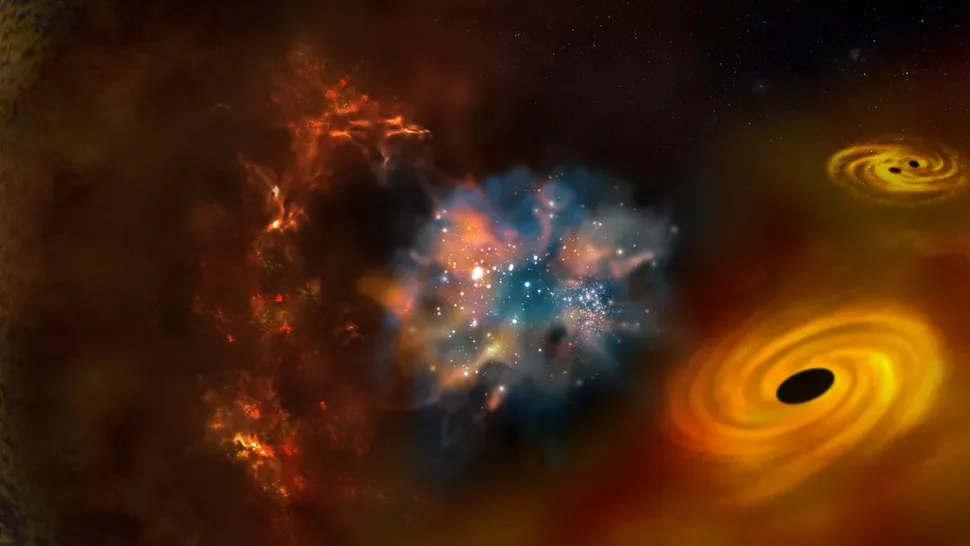Philosophical and Metaphysical Perspectives
From a philosophical standpoint, the question of what preceded the Big Bang often leads to metaphysical discussions about the nature of time and existence. Some philosophers argue that asking what came before the Big Bang is an illogical query if time itself began with the Big Bang. In this view, there was no before because time did not exist.
Other philosophical perspectives consider the possibility of a timeless or eternal entity that exists outside the known laws of physics. This entity could potentially be the cause of the Big Bang, thus existing independently of the physical time-space continuum we experience. Such ideas often intersect with theological arguments about the universe’s origin, though they do not necessarily need to invoke a deity.
Additionally, some thinkers have proposed that our universe is part of a larger and more complex system that includes multiple dimensions and timelines, a framework that can accommodate both scientific theories and philosophical interpretations about the universe’s ultimate origins.
Impact on Modern Physics and Cosmology
The pursuit of understanding what was before the Big Bang not only enriches our theoretical knowledge but also pushes the boundaries of modern physics. Advancements in particle physics, quantum mechanics, and astrophysics are increasingly influenced by these explorations, leading to new technologies and methodologies for observing the universe.
For instance, the study of cosmic microwave background radiation has been crucial in providing evidence for the Big Bang theory and is equally significant in studying potential pre-Big Bang conditions. Future observations, such as those planned with new space telescopes and gravitational wave detectors, promise to unveil more about the universe’s earliest moments, potentially glimpsing conditions that existed before the Big Bang.









